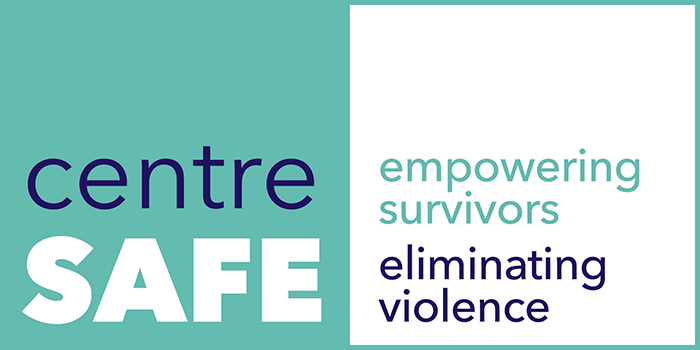What Are The Different Forms of Abuse?
When people talk about domestic violence, they are often referring to the physical abuse of a spouse or intimate partner but there are many forms of domestic abuse including; physical, verbal, emotional, sexual, and financial.
What is Physical Abuse?
Physical abuse is the use of physical force against someone in a way that injures or endangers that person. Physical assault or battering is a crime, whether it occurs inside or outside of the family. Physical abuse includes, but is not limited to, the following:
- Pushing or Shoving
- Pinning or Holding a Person Down
- Confinement
- Pinching
- Hair-Pulling
- Slapping
- Punching
- Arm Twisting
- Kicking
- Biting
- Strangling or Choking
- Burning
- Assault or Threat of Assault with an Object or Weapon
- Stabbing
- Murder
When people think of domestic abuse, they often picture battered women who have been physically assaulted. But not all abusive relationships involve physical violence. Just because you’re not battered and bruised doesn’t mean you’re not being abused. Many men and women suffer from verbal and emotional abuse, which is no less destructive. Unfortunately, verbal and emotional abuse is often minimized or overlooked—even by the person being abused.
What is Verbal and Emotional Abuse?
The aim of verbal and emotional abuse is to chip away at your feelings of self-worth and independence. If you’re the victim of verbal or emotional abuse, you may feel that there is no way out of the relationship or that without your abusive partner you have nothing. Verbal and emotional abuse includes, but is not limited to, the following:
- Constant Criticism
- Cursing
- Name Calling
- Repeated Insults
- Recalling Your Past Mistakes
- Blaming All Relationship Problems On You
- Humiliating or Belittling You In Front of Others
- Expressing Negative Expectations
- Expressing Distrust
- Jealousy
- Intimidation
- Using Silent Treatment
- Confinement To The Home
- Not Allowing You To Have Contact With Family and Friends
- Destroying Possessions
- Threatening To Take The Children
- Threatening To Commit Suicide
- Threats of Violence Against You, Your Children or Other Family Members
- For Immigrants, Threats of Deportation
What is Sexual Abuse?
Any situation in which you are forced to participate in unwanted, unsafe, or degrading sexual activity is sexual abuse. Forced sex, even by a spouse or intimate partner with whom you also have consensual sex, is an act of aggression and violence. Furthermore, people whose partners abuse them physically and sexually are at a higher risk of being seriously injured or killed. Sexual violence includes, but is not limited to, the following:
- Touching You in a Sexual Manner Against Your Will (i.e. Kissing, Grabbing, Fondling)
- Forced Sexual Intercourse
- Forcing You to Perform Sexual Acts You Find Degrading or Painful
- Use of a Weapon to Make You Comply with a Sexual Act
- Beating Sexual Parts of your Body
- Exhibitionism (Exposing Body Parts to Others)
- Humiliating, Criticizing or Trying to Control a Woman’s Sexuality
- Denial of Sexual Information and Education (i.e. Birth Control)
- Withholding Sexual Affection
- Forced Abortion or Sterilization
- Forced Prostitution
- Unfounded Allegations of Promiscuity and/or Infidelity
What is Financial Abuse?
An abuser’s goal is to control the victim, and he or she will frequently use money to do so. Financial abuse includes, but is not limited to, the following:
- Destruction of Your Personal Property
- Not Allowing You to Attend School
- Forcing You or Refusing to Let You to Work Outside the home
- Controlling Your Choice of Occupation
- Restricting or Denying Your Access to the Family Income and Bank Accounts
- Giving You an Allowance and Requiring Justification for All Money Spent
- Taking Money That Was Needed for the Care of the Family
- Refusal to Contribute Financially to Family
- Denying Access to Basic Needs Such as Food and Healthcare
If you, or someone you know, is experiencing any of the above forms of abuse, you can call our 24-hour hotline at 1-877-234-5050 to speak with a counselor.
